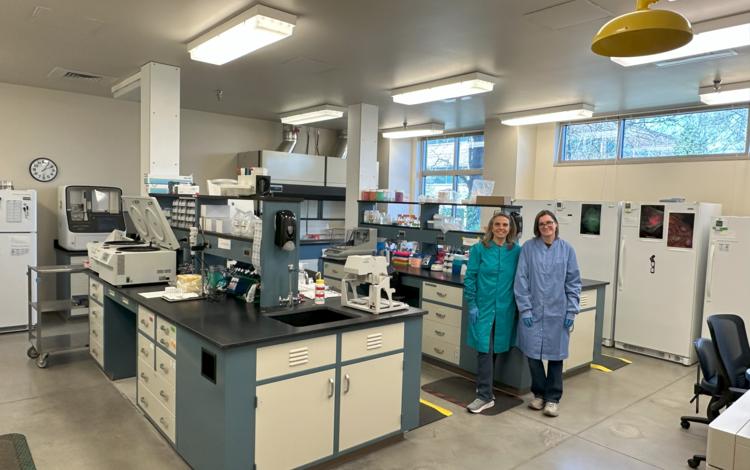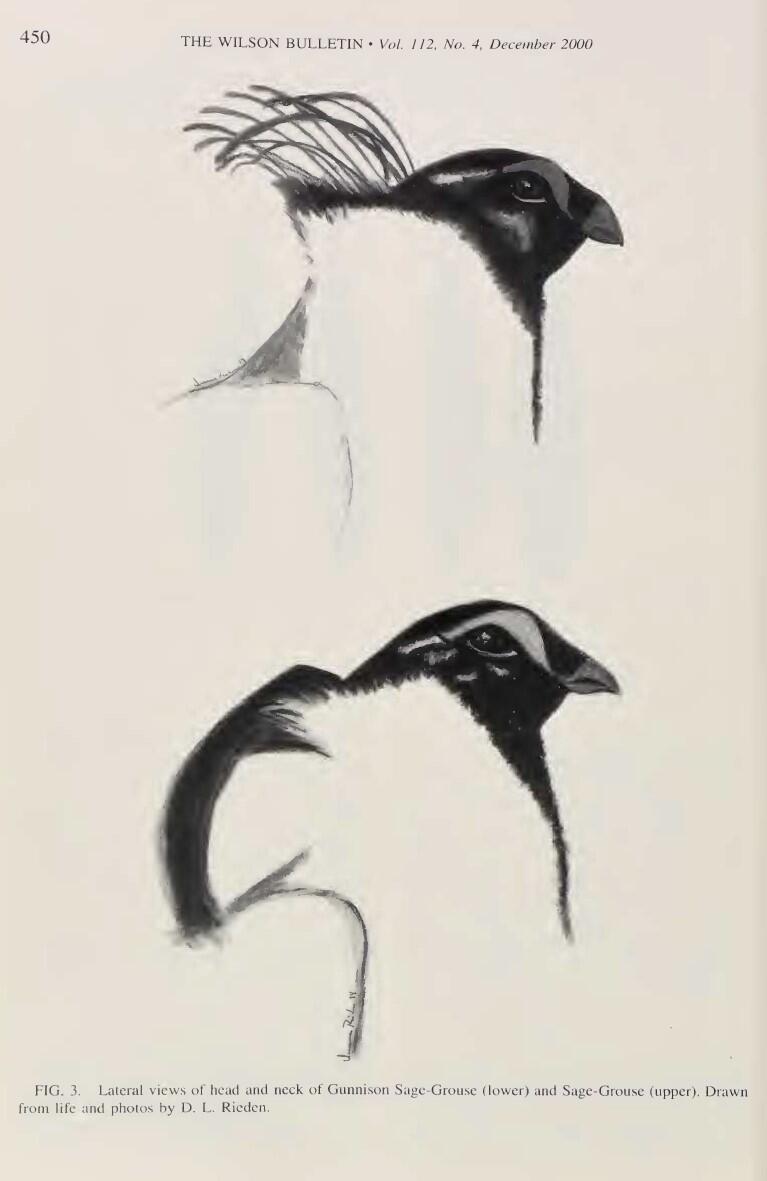Sara Oyler-McCance receives the University of Maine's Distinguished Wildlife Alum Award
The University of Maine selected Sara Oyler-McCance to receive the Distinguished Wildlife Alum Award for 2025. This award reflects the Department of Wildlife, Fisheries, and Conservation Biology's highest professional honor and is awarded to researchers with outstanding professional achievement and sustained contributions to the wildlife profession.
Sara Oyler-McCance's selection for this award reflects recognition of her decades’ long contributions to the wildlife profession, including her distinguished career with USGS and leadership role at the Fort Collins Science Center, and her sustained and significant contributions to the field of conservation genetics and management of western wildlife.
Sara has set an exceptional example of how earning a wildlife degree from the University of Maine can empower students to go on to great professional and personal achievement.



About Oyler-McCance
Sara began her career at the University of Michigan, graduating in 1991 with a degree in biology. She continued her studies, getting a master’s degree at the University of Maine, where she evaluated which North American avian species are most sensitive to environmental change and thus important for monitoring.
She then moved to Fort Collins, where she studied “the genetic and habitat factors underlying conservation strategies for Gunnison sage grouse” for her PhD at Colorado State University. Soon after graduation, she started a position as a Research Geneticist at the USGS Fort Collins Science Center, where she has worked for the last 26 years. In 2010, she established FORT’s renowned Molecular Ecology Lab.
The Molecular Ecology Lab (MEL)
The MEL provides essential science for the management of natural resources, supporting efforts to monitor, restore, and understand wildlife populations. With this, they have published hundreds of papers on the genetics and genomics of iconic wildlife like American bison, sage-grouse, wild horses, honeybees, Burmese pythons, and others pictured below.
Discoveries include identification and characterization of new species, like the Gunnison sage-grouse, novel technologies, like the use of eDNA for studying cryptic invasive species, and innovative solutions, like the use of genomic data mining to understand local adaptation in wildlife.








Get Our News
These items are in the RSS feed format (Really Simple Syndication) based on categories such as topics, locations, and more. You can install an RSS reader browser extension, software, or use a third-party service to receive immediate news updates depending on the feed that you have added. If you click the feed links below, they may look strange because they are simply XML code. An RSS reader can easily read this code and push out a notification to you when something new is posted to our site.




